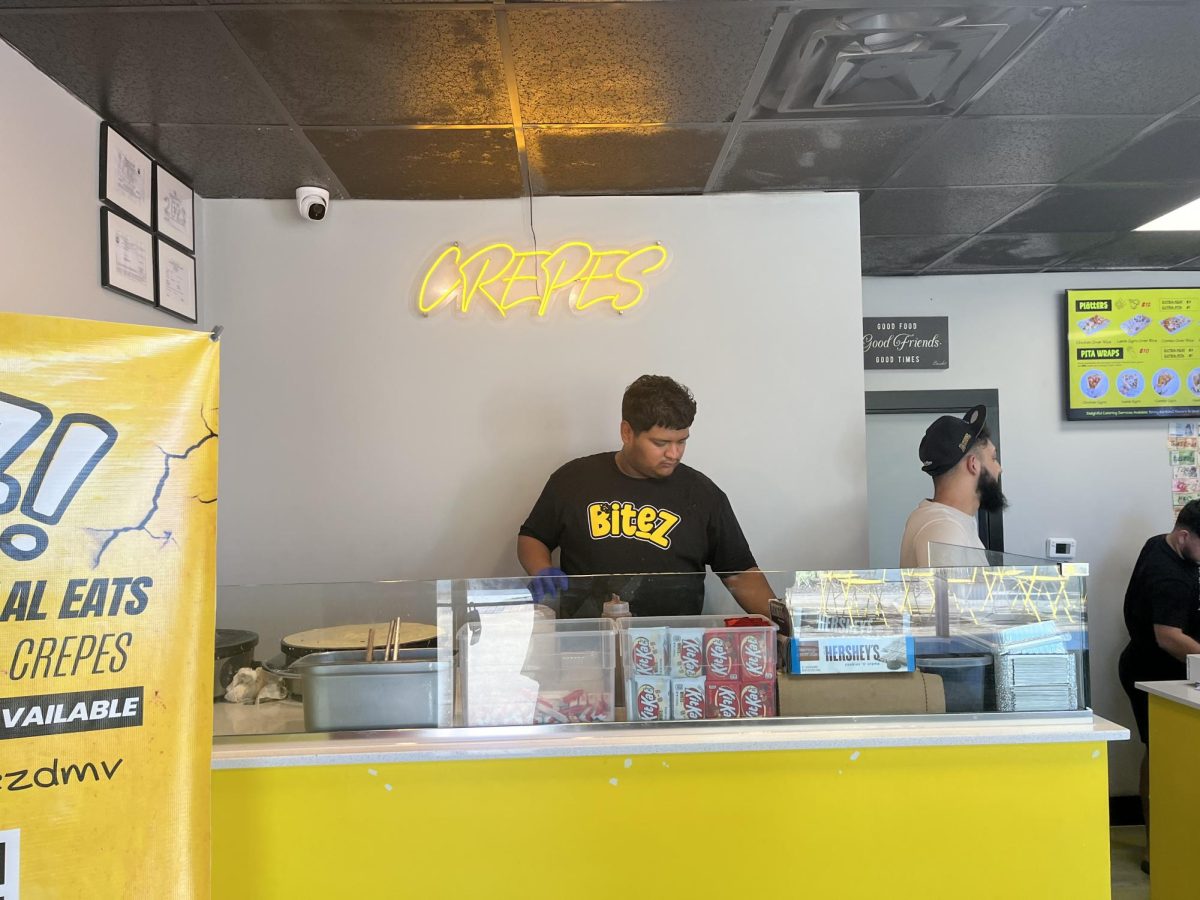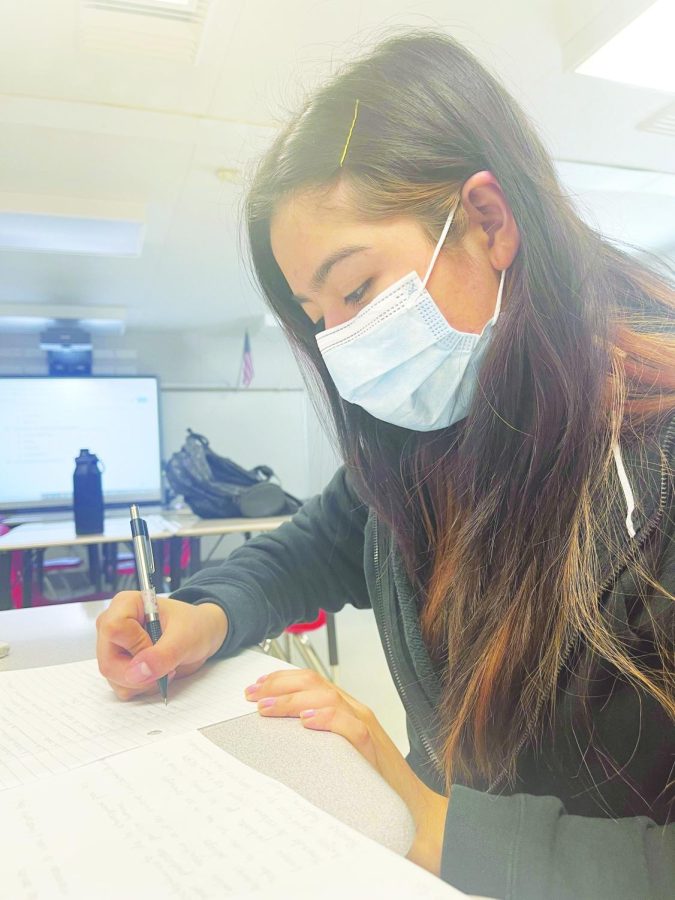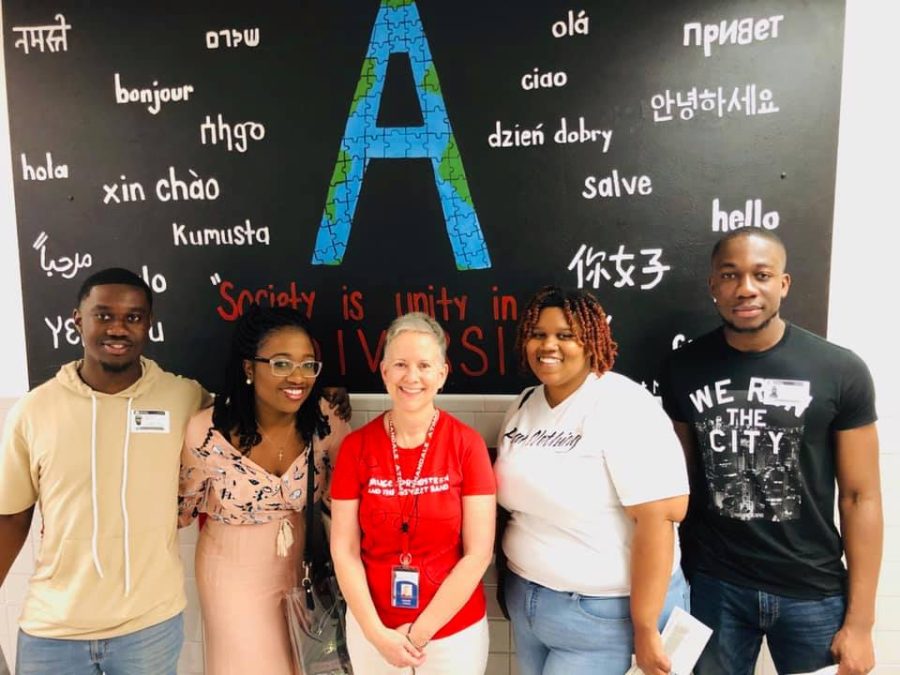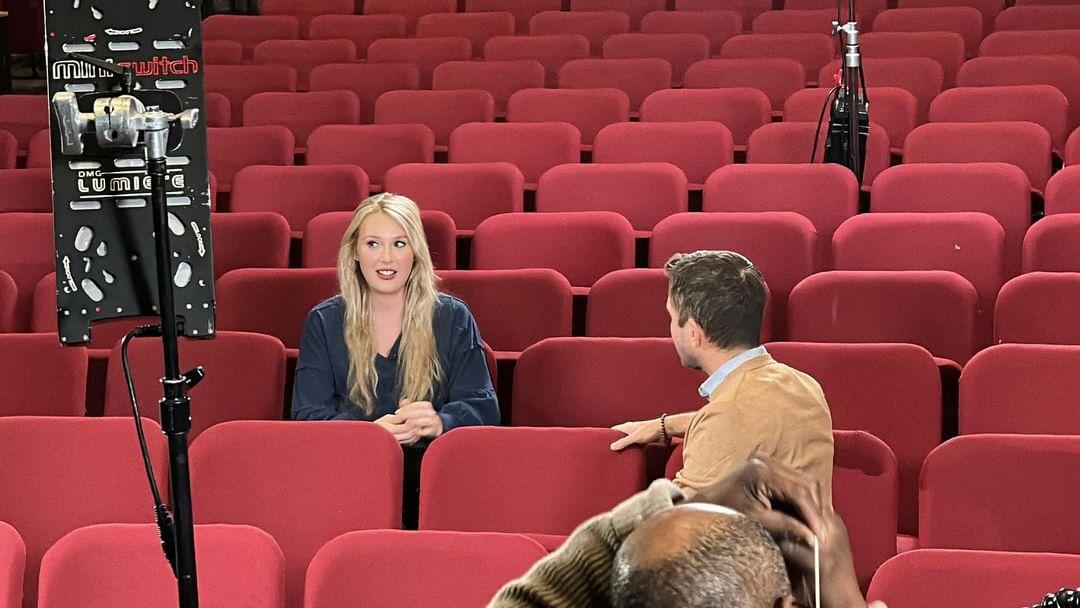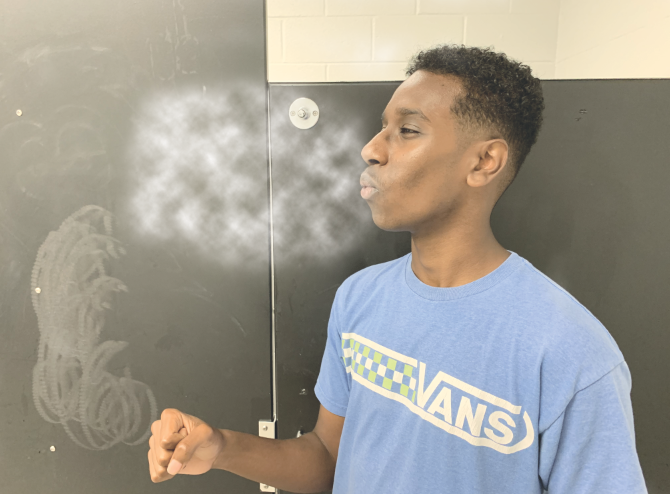It is not always easy to talk about your social problems with your parents or teachers. Moreover, even though friends are always there to support you and console you through tough times, they are not always the best problem-solvers. Luckily, AHS offers students an opportunity to receive help finding solutions to everyday problems such as bullying, friendship and relationship issues.
Peer Mediation is a class where students “get grades based on task completion,” said Jonathan Williams. Fourteen students meet during W8 in room 271A for these peer mediation sessions.
“We solve problems,” said Williams. “Pretty much, two mediators hear both [sides] of story and help them.” Students who take the Peer Mediation class “learn about interpersonal communication, about relationships and about conflict,” said Peer Mediation coordinator and English/English as a Second Language (ESOL) teacher, Catherine Mounteer, “Peer Mediators also get a chance to learn more about themselves and their personality and preferences.”
To get help with a situation, students should ask either one of the mediators (photos of many of the Peer Mediators are posted on a bulletin board on the first floor near the Bistro) or stop by room 271A after school on white days. All that is required is “the name of both students, a brief description of what the problem is and we can take it from there,” said Mounteer. “When the disputants have agreed upon a solution, a contract is written to formalize the agreement.”
Students benefit from this program because “Peer Mediation can help friends restore their friendships, and it can help people who may not like each other find a way to coexist peacefully,” said Mounteer. The method of problem-solving used by the mediators is to identify the real issue asking the students involved to think about ways to help them overcome the conflict.
According to Mounteer, some of the most frequent issues mediated are bickering between students that disrupt class, boyfriend and girlfriend issues, threats of fights, actual fights, name calling and rumors. “Some students might complain that other students always copy their work, lost their iPod, or didn’t do their fair share of a class project,” said Mounteer. So far, nine problems have been mediated.
The mediators receive advantages from the program just as much as the beneficiaries do. “It takes one semester to train a mediator,” said Mounteer. “In the second half of the year we try to learn about conflict on a societal scale.” Typically mediators have to learn how to resolve other student’s problems without it turning violent, what the causes of conflict are and what kinds of approaches to take.
“We do all types of things [during the session] like mock mediation and playing games to develop teamwork,” said senior Hasib Iqbal.




